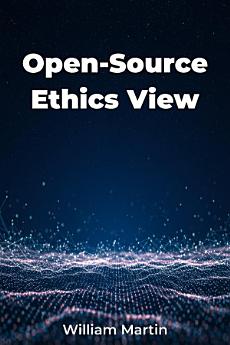Open-Source Ethics View
About this ebook
Additionally, it examines ethical frameworks within open-source, referencing established guidelines and licenses to identify common principles and potential conflicts. The book approaches its subject by first introducing the core concepts of open-source philosophy and then developing its central argument through case studies illustrating ethical dilemmas like responsible forking and community governance.
It progresses by offering practical guidelines for ethical open-source participation. One intriguing aspect is its analysis of landmark legal cases and licensing debates, providing a clear understanding of the intellectual property landscape. The book argues that open-source is not merely a development methodology but a value-driven ecosystem with significant ethical implications.
The book's unique value lies in its multi-layered analysis, combining philosophical theory with real-world examples and practical recommendations. This approach allows readers to engage with the material on both a theoretical and practical level, making it valuable for software developers, project managers, and anyone interested in technology ethics.







